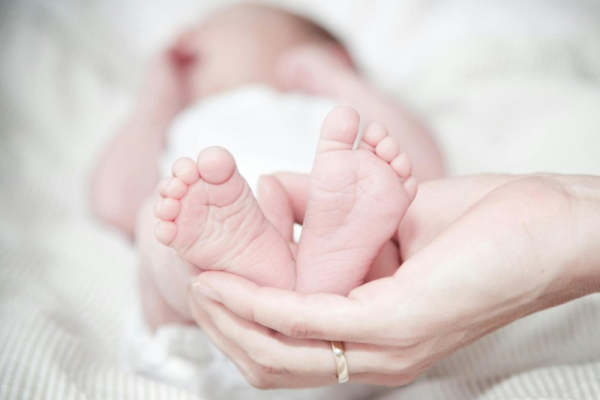Study ties COVID-19 pregnancies to higher rates of autism


A positive test for COVID-19 during pregnancy resulted in a 29% higher risk of developing a neurodevelopmental disorder in the children after birth, researchers reported Thursday. Photo by Rene Terp/Pexels
Children born to women who were infected with COVID-19 during their pregnancies are more prone to autism, Massachusetts General Hospital researchers reported.
A positive test for COVID-19 during pregnancy resulted in a 29% higher risk of developing a neurodevelopmental disorder in the children after birth, the researchers said in a report published Thursday, according to The Hill.
“These findings highlight that COVID-19, like many other infections in pregnancy, may pose risks not only to the mother, but also to fetal brain development,” senior author Andrea Edlow said in a statement.
“They also support the importance of trying to prevent COVID-19 infection in pregnancy and are particularly relevant when public trust in vaccines — including the COVID-19 vaccine — is being eroded,” Edlow added.
Edlow is a maternal-fetal medicine specialist at MassGeneral Brigham.
The medical researchers assessed more than 18,000 births from March 1, 2020, to May 31, 2021, in which the mothers had tested positive for COVID-19.
They narrowed their sample group to 861 women who tested positive for COVID-19 and found that 140, equal to 16%, of those women gave birth to children who were diagnosed with autism by the age of 3, CNN reported.
The results significantly differ from those of mothers who tested negative for COVID-19 while pregnant.
In those cases, less than 10% of children were diagnosed with autism before reaching 3 years old.
Boys are at a higher risk than girls, and so are children whose mothers tested positive during the third trimester of their respective pregnancies.
Autism and disorders affecting speech motor functions were the most commonly diagnosed neurodevelopmental problems in affected children.

